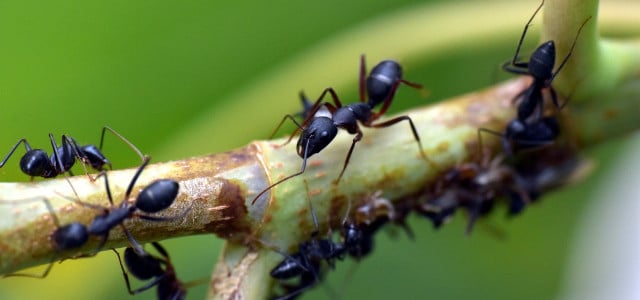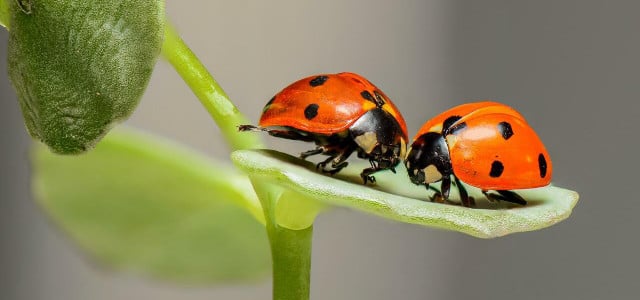Can you eat ants? It's not as gross as it sounds and is common among different cultures around the world. We'll share why you might want to try this delicacy.
You may wonder, ” Why would I want to eat ants”? They’re small and surely don’t hold much nutritional value, right? Well, you may be surprised. In fact, eating bugs is fairly common in different parts of Asia, Africa, and South America, and certain types of creepy crawlies are eaten as delicacies due to their high nutritional value.
So, can you eat ants? Yes indeed! But care should be taken to consume the correct species and the correct part of the body. For example, the abdomen of the green or weaver ant can be eaten — it tastes like lemon. The rest of the ant has no taste, so it is not worth eating, and you may get a nip in your mouth if eaten alive!
In this article, we’ll discuss the health and environmental benefits of eating ants and any downsides. Let’s get started!
Health Benefits of Eating Ants
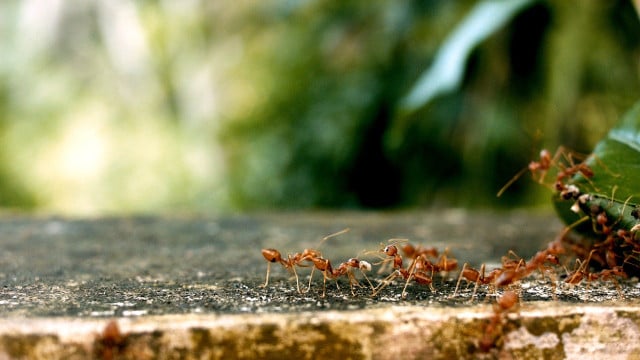


(Foto: CC0 / Pixabay / AnishRoy)
So now you know that you can eat ants, let’s discuss why you might want to do so. The health benefits depend on the species and the stage of their lifecycle. For example:
- Honey ants: Traditionally consumed by indigenous Australians, they are a good source of natural sugars.
- Hormigas (ants): Eaten by native communities in Colombia, they are a good source of energy, protein, and various vitamins and minerals
- Weaver ants contain high levels of magnesium, phosphorous, and calcium and are eaten in parts of Southeast Asia, India, Sri Lanka, and Cameroon.
- Leafcutter ants contain 50.4 grams of protein per hundred grams and 454 calories, so they are a good energy source. It is also believed that leafcutter ants can treat sore throats and asthma, and they are consumed in Latin America.
- Black ants: A 2019 study found that they have high levels of polyphenols, thought to boost brain health. Black ants are consumed in Kenya and China.
The exoskeletons of insects contain a nitrogen-based carbohydrate called chitin. In a two-week trial, it was found that by consuming a derivative of chitin daily, participants’ cholesterol levels were reduced. Also, it’s not just the adult ants that are eaten, their eggs and larvae can be eaten too. For example, in Thailand, the mixed larvae and pupae of weaver ants are eaten, which contain 53% protein.
You Can Eat Ants — Here's How
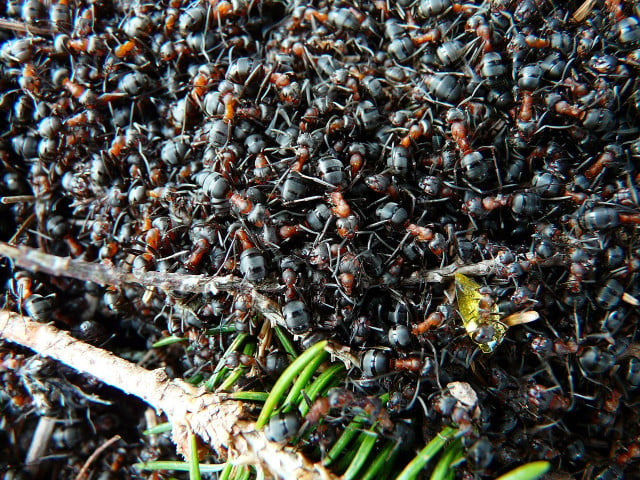


(Foto: CC0 / Pixabay / Hans)
As previously mentioned, ants are prepared and eaten in different ways across the globe. Some ways they are consumed include:
- India: A chutney is made using adult weaver ants, salt, and chili. Their eggs and larvae can also be boiled with spices.
- Laos: Acidity is added to fish soups by using weaver ants.
- Mexico: A flavoring of mayonnaise and other condiments is made using roasted and ground leaf-cutter ants.
- Thailand: Weaver ant eggs are sold dehydrated in packets ready to eat.
- Colombia: Queen leaf-cutter ants are fried and sold at street food stalls.
- Peruvian Amazon: Weaver ant larvae are roasted and mixed with cassava flour, the adults are roasted or fried.
Downsides to Eating Ants
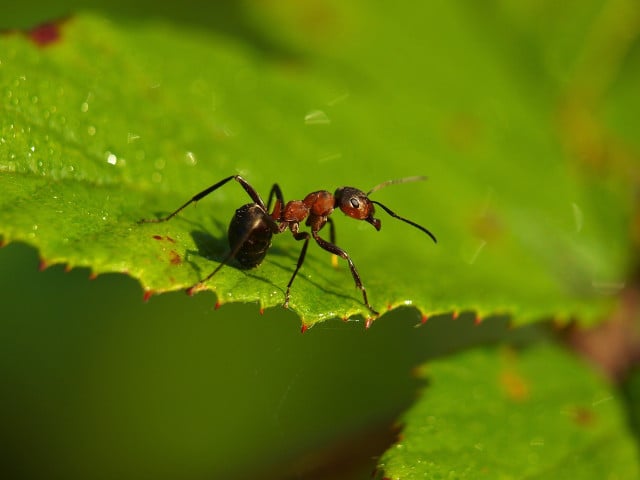


(Foto: CC0 / Pixabay / Mopsgesicht)
As mentioned above, there are multiple health benefits to eating ants, but some research remains inconclusive and therefore, further studies need to be carried out. For example, we mentioned above that chitin can reduce cholesterol levels, but other studies suggest it could be an allergen.
Similarly, some research suggests that the proteins found in ants may be a source of purines, which contribute to an increase in uric acid production. This is dangerous to people who suffer from gout, a condition that affects the foot joints.
When consuming whole ants, there is the risk of consuming their gut bacteria which can contain parasites, such as Dicrocoelium dendriticum which can affect humans’ bile duct and liver. However, cases of this are rare.
Finally, it should be noted that some species of ants are poisonous, and if consumed by mistake, they could sting the mouth or throat.
Note: As ants are insects, eating them is unsuitable for a vegan diet.
Is Eating Ants Sustainable?
Consuming insects generally has a low environmental impact for several reasons. Insects produce low levels of greenhouse gases and don’t need large amounts of land or water. They also carry less risk of transmitting infections to humans than other animals. Insects have a high feed conversion efficacy, meaning they need fewer kilograms of feed per kilogram of weight gain.
It should be noted that ant collection and cultivation can only be environmentally friendly if sustainable collection methods are used, and overharvesting is avoided in the wild.
Read more:
- 5 Free Apps to Identify Bugs and Insects
- Bug Hotels: How to Build Your Own Insect House
- 11 Flowering Bushes and Shrubs to Bring Birds and Insects to Your Garden
Do you like this post?






